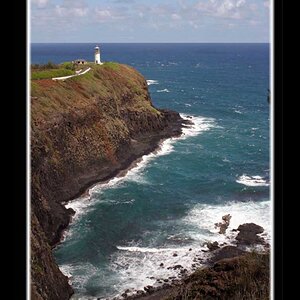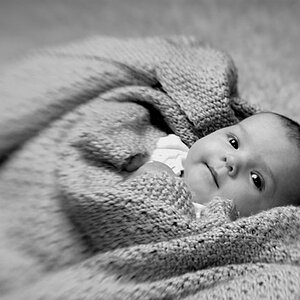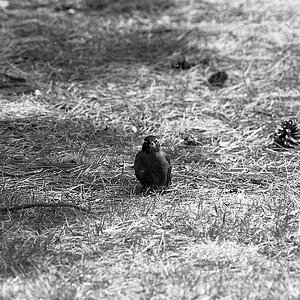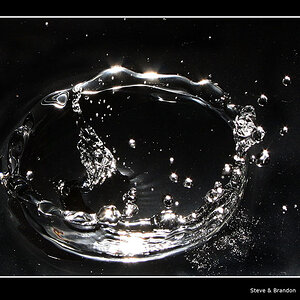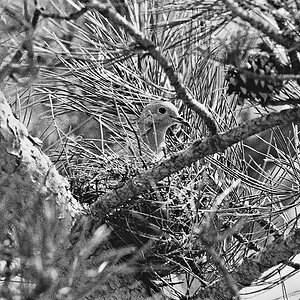- Joined
- Jun 7, 2012
- Messages
- 15,469
- Reaction score
- 7,848
- Location
- Central Florida
- Website
- www.flickr.com
- Can others edit my Photos
- Photos NOT OK to edit
Speaking strictly from an end product perspective, is there a perceived difference between someone who is average at photography but excellent at (insert photo editing software of choice here) and an excellent photographer but average photo editor?
I feel like they could potentially produce basically the same result, perhaps excluding extreme conditions that require specific photographic skills just to get the shot at all. But generally speaking?
I feel like they could potentially produce basically the same result, perhaps excluding extreme conditions that require specific photographic skills just to get the shot at all. But generally speaking?




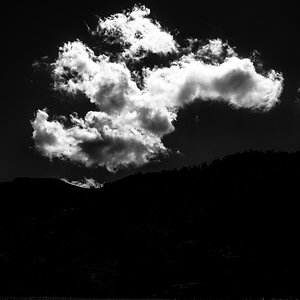
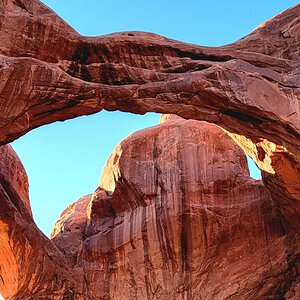

![[No title]](/data/xfmg/thumbnail/37/37170-3e18af574ed51cce5bdf99af9d3cab40.jpg?1619737908)
![[No title]](/data/xfmg/thumbnail/35/35948-700e0d840da0ca73727b1bd6d99b4142.jpg?1619737257)
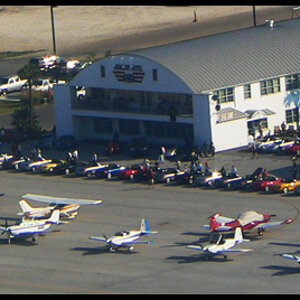
![[No title]](/data/xfmg/thumbnail/38/38748-ed31bfa7e0ad498ba3aa5dfbf3666f8d.jpg?1619738704)
